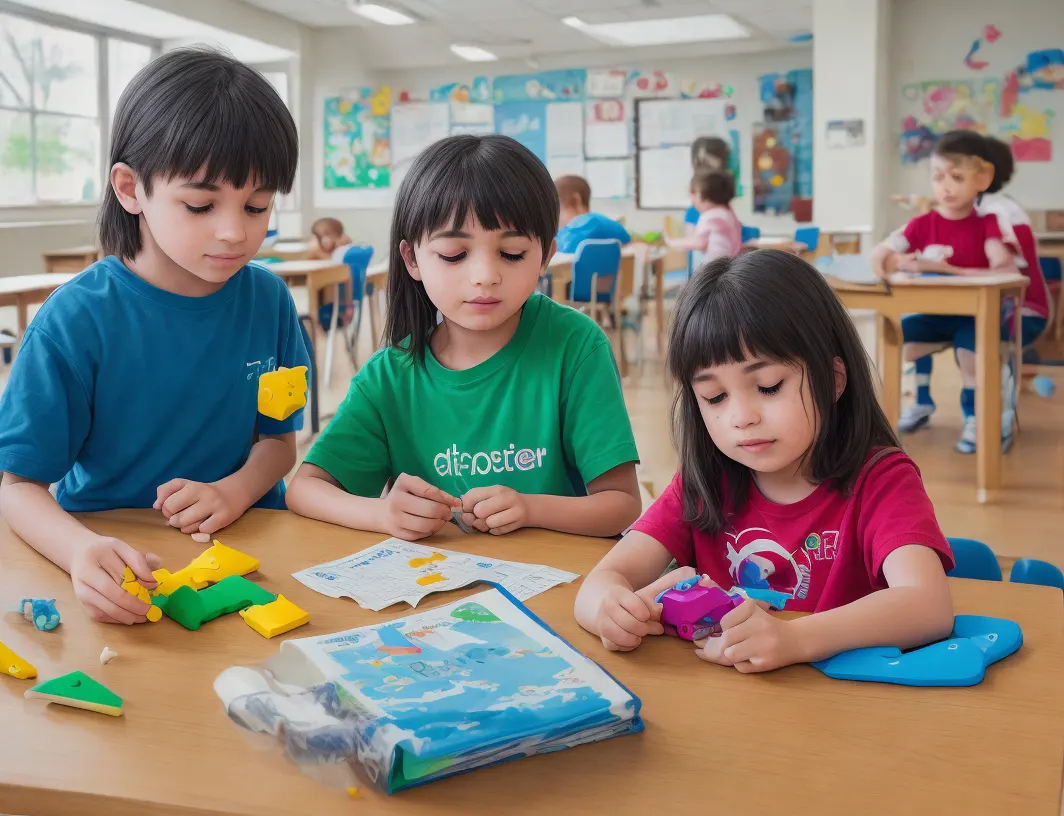Unlocking Potential and Embracing Inclusivity
Every child deserves an opportunity to thrive and succeed in life, and this holds particularly true for children with autism. Autism spectrum disorder (ASD) is a complex neurodevelopmental condition that affects communication, social interaction, and behavior. Traditional school settings may not always fully meet the unique needs of children with autism, making after-school programs a crucial avenue for supporting their growth and development. In this article, we will explore the world of autism after-school programs and how they can make a significant difference in the lives of these children.
Understanding Autism
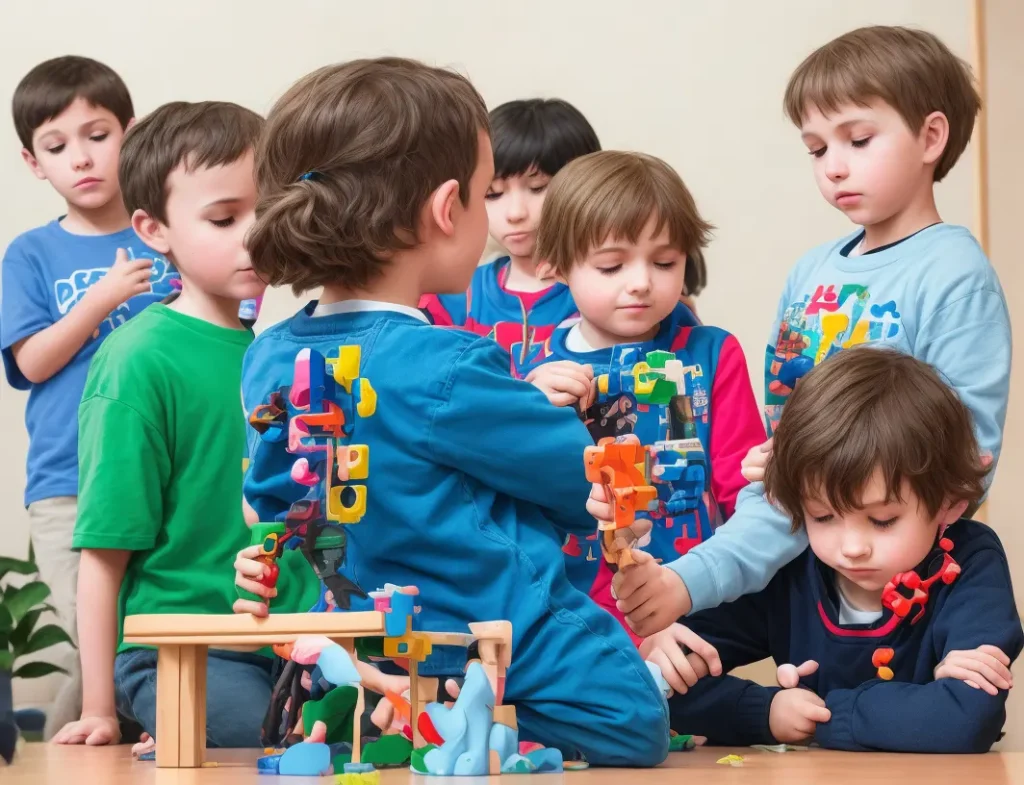
Before delving into the benefits of after-school programs, it is essential to understand autism and its impact on children. Autism is characterized by a wide range of symptoms and challenges, with each child displaying varying degrees of severity. According to the Centers for Disease Control and Prevention (CDC), approximately 1 in 54 children in the United States is diagnosed with autism. These children often face difficulties in communication, social interactions, and may engage in repetitive behaviors.
The traditional school environment, with its large class sizes and structured curriculum, can pose significant challenges for children with autism. They may struggle to keep up with the pace, experience sensory overload, and find it challenging to connect with peers. As a result, their overall academic and social progress may be hindered.
The Role of After-School Programs
After-school programs tailored for children with autism can bridge the gaps left by traditional education settings. These programs are designed to cater to individual needs, providing a safe and supportive space for children to grow and learn at their own pace. One of the core features of these programs is individualized learning plans that recognize and address each child’s strengths and challenges.
Moreover, autism after-school programs focus on developing essential social and communication skills. Children with autism often struggle to navigate social situations and may find it challenging to form friendships. In these programs, they get opportunities to engage in activities that encourage positive interactions, teamwork, and empathy.
Types of Autism After-School Programs

Autism after-school programs come in various forms, each targeting specific aspects of a child’s development. Academic enrichment programs offer additional learning support in subjects like math, language arts, and science. These programs ensure that children grasp essential academic concepts while accommodating their learning style.
Another type of program focuses on social skills development. These sessions provide structured and guided opportunities for children to interact with peers, practice conversation, and navigate social cues successfully. Through these activities, children gain confidence and independence in social settings.
Therapeutic programs and interventions are also essential components of autism after-school programs. These programs may include occupational therapy, speech therapy, and behavioral interventions. Therapists work closely with children, helping them overcome challenges and develop critical life skills.
Benefits of Autism After-School Programs
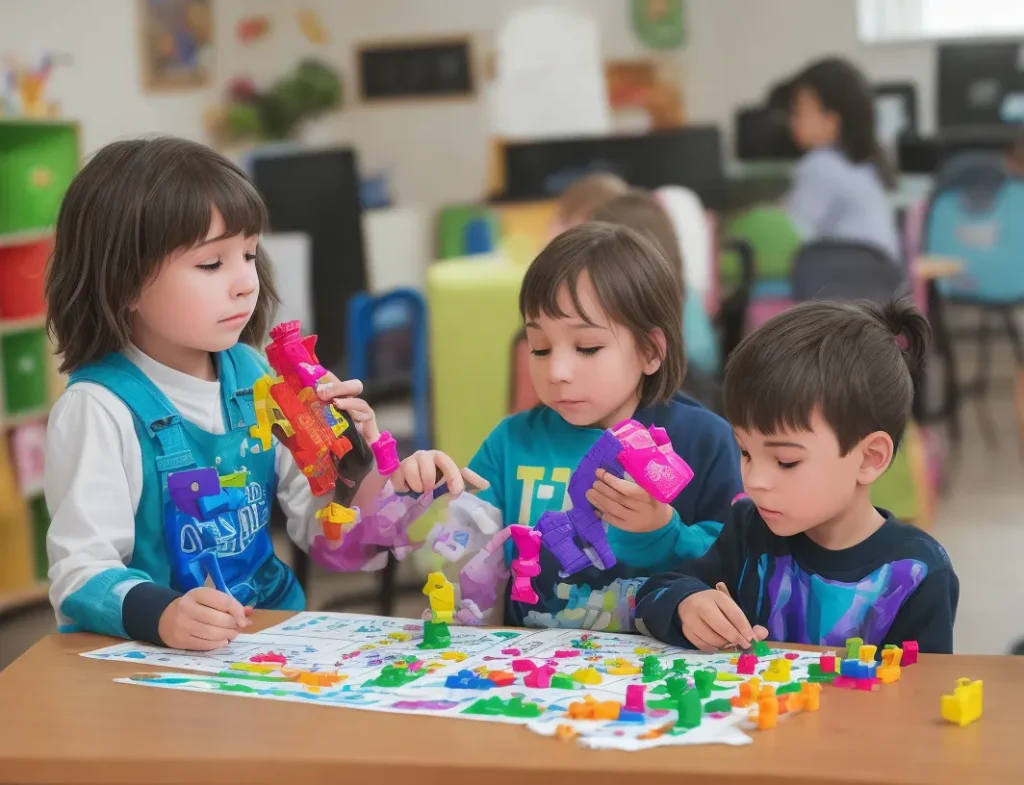
The benefits of autism after-school programs extend far beyond academic achievement. With the right support and environment, children with autism can thrive and unlock their potential in various ways.
Firstly, after-school programs have been found to improve academic performance. By providing tailored learning plans and individual attention, children can grasp concepts more effectively. This, in turn, boosts their confidence and eagerness to learn.
Secondly, these programs facilitate enhanced social interactions. Children have the opportunity to interact with peers who understand and accept them, fostering a sense of belonging. Improved social skills empower children to build meaningful connections and friendships, which are invaluable for their emotional well-being.
Thirdly, participating in after-school programs can increase a child’s self-confidence and independence. As they achieve milestones and overcome challenges, their self-esteem grows, enabling them to face future endeavors with optimism.
Choosing the Right Program
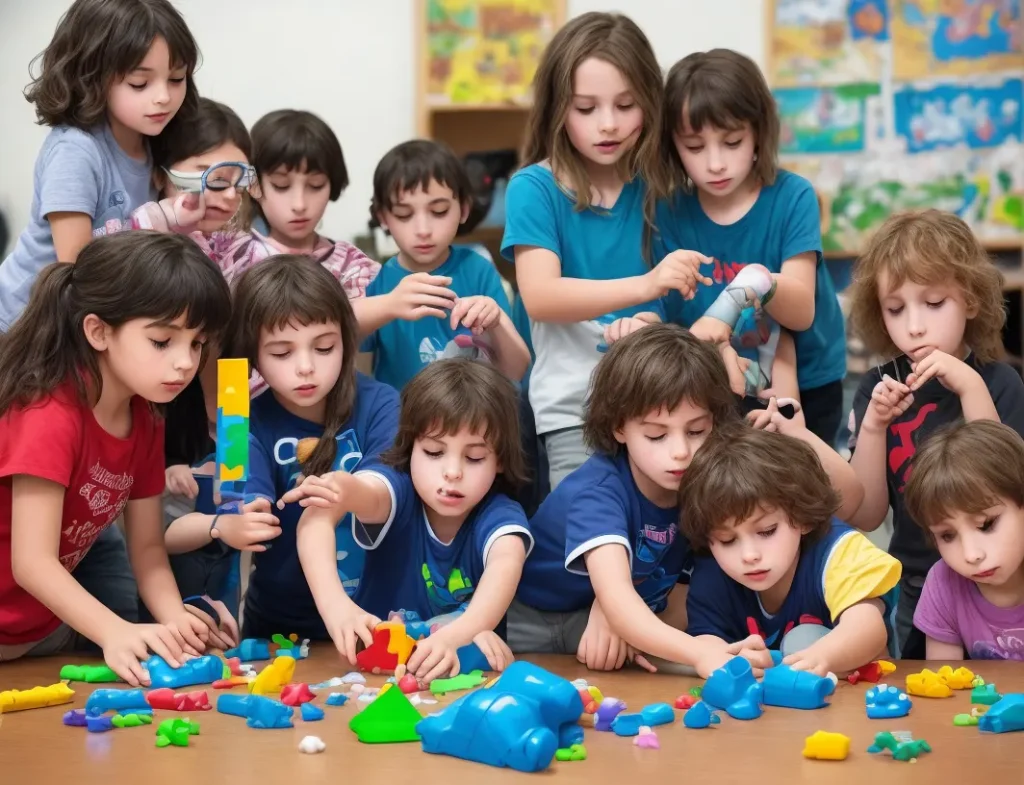
Selecting the most suitable after-school program is crucial for ensuring positive outcomes for children with autism. Several factors should be considered when making this decision:
Individualized Approach: Look for programs that prioritize individualized learning plans and tailor their activities to suit each child’s needs.
Qualified Staff: Ensure the program is staffed by trained professionals experienced in working with children with autism.
Inclusive Environment: Seek programs that promote inclusivity and foster an environment where all children feel welcome and valued.
Parental Involvement: Consider programs that involve parents and caregivers in the child’s learning journey and seek their feedback and collaboration.
Creating an Inclusive Environment
One of the cornerstones of successful autism after-school programs is creating an inclusive and accepting environment. Inclusivity goes beyond merely providing physical accessibility; it encompasses emotional and social inclusivity as well.
An inclusive after-school program encourages children to understand and embrace differences, fostering empathy and compassion. Educators and program coordinators play a vital role in setting the tone for inclusivity, demonstrating respectful behavior towards all children, and addressing any instances of exclusion promptly.
Qualified Staff and Training
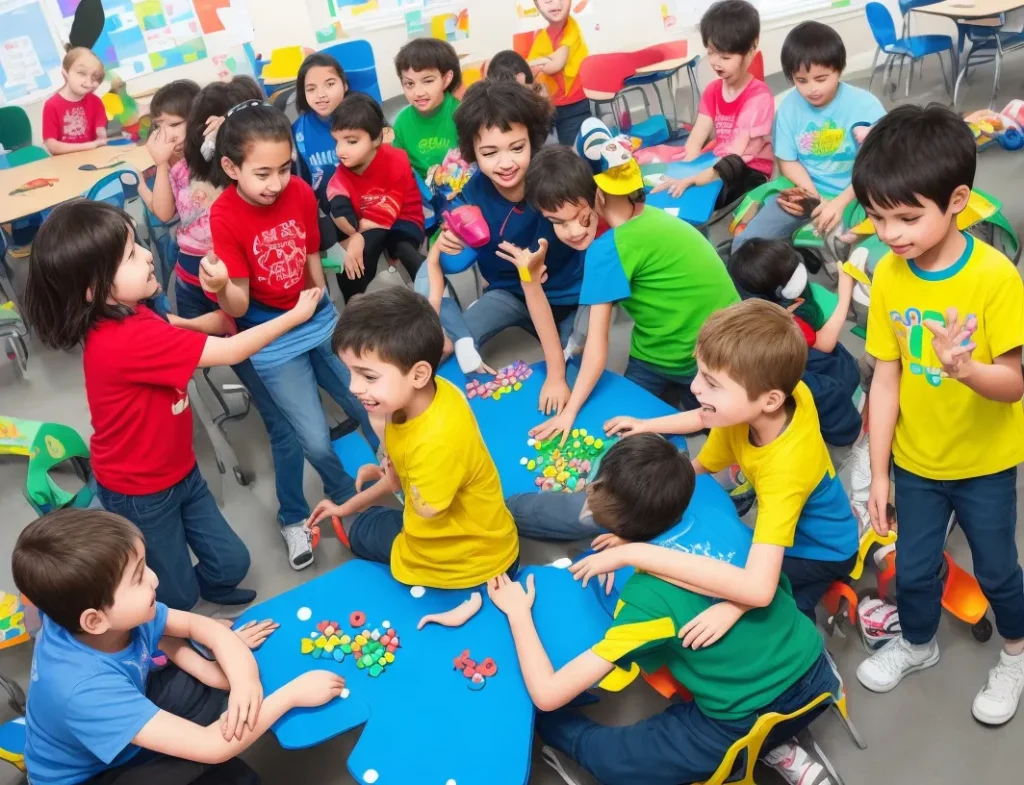
The success of an autism after-school program heavily relies on the expertise and dedication of the staff. These programs employ professionals specialized in working with children with autism. These professionals may include special education teachers, speech therapists, occupational therapists, and behavioral analysts.
Continual training is also crucial for staff members to stay updated with the latest research and intervention strategies. Regular workshops and professional development opportunities enable the staff to enhance their skills and adapt their approaches based on individual children’s needs.
Success Stories
The impact of autism after-school programs can be profound, leading to transformative changes in children’s lives. Numerous success stories attest to the significance of these programs in helping children with autism reach their full potential.
One such success story is about Alex, a 9-year-old boy with autism who struggled in a traditional school setting due to communication challenges. After enrolling in an autism after-school program, Alex received specialized speech therapy and social skills training. Over time, he made tremendous progress in expressing himself and forming meaningful connections with his peers.
The transformation in Alex’s social interactions spilled over into his academic performance. With personalized support, he caught up with his peers in various subjects and even discovered a passion for science. Today, Alex is a confident, enthusiastic learner who continues to thrive in his after-school program.
Funding and Accessibility
While the benefits of autism after-school programs are evident, accessibility remains a significant challenge for many families. These programs often require additional financial resources, and not all families can afford them. To address this issue, various initiatives and funding sources aim to increase accessibility.
Local governments and educational institutions may provide subsidies or scholarships to make after-school programs more affordable for low-income families. Additionally, collaborations with non-profit organizations and community partnerships can help secure funding and resources for program expansion.
Community Involvement
Autism after-school programs thrive when there is active community involvement. Engaging with local organizations, businesses, and volunteers can provide additional support and resources to enhance the programs’ offerings.
Community volunteers can contribute their time and expertise to organize workshops, recreational activities, and educational sessions. Businesses may sponsor equipment, materials, or even mentorship programs for children interested in specific fields.
Parental Involvement and Support
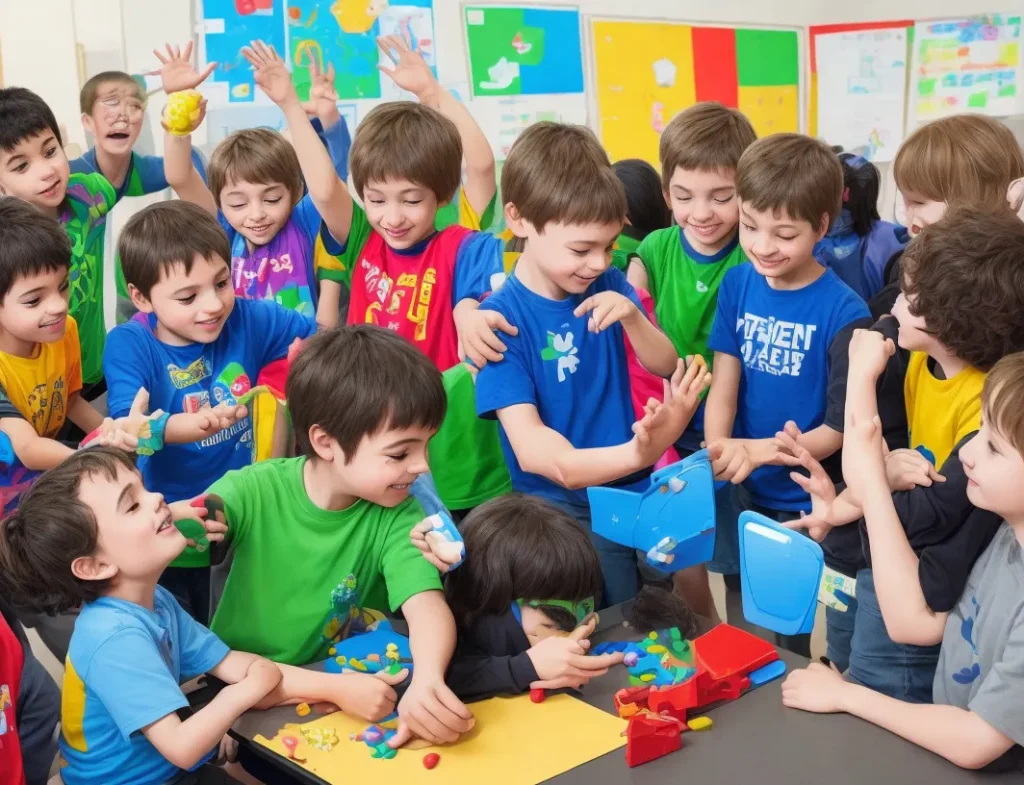
Parental involvement plays a pivotal role in the success of autism after-school programs. Parents are encouraged to actively participate in their child’s progress, attend parent-teacher meetings, and offer feedback and suggestions to enhance the program.
Moreover, after-school programs may provide support networks for parents, connecting them with other parents facing similar challenges. These networks allow parents to share experiences, seek advice, and find emotional support.
Measuring Success and Progress
To ensure the effectiveness of autism after-school programs, it is essential to measure children’s progress in various areas of development. This involves tracking academic achievements, social interactions, communication skills, and overall well-being.
Program coordinators may employ standardized assessments, observations, and parental feedback to gather data on each child’s progress. Regular evaluations enable educators to make data-driven decisions and tailor the program to address specific needs effectively.
Addressing Challenges and Limitations
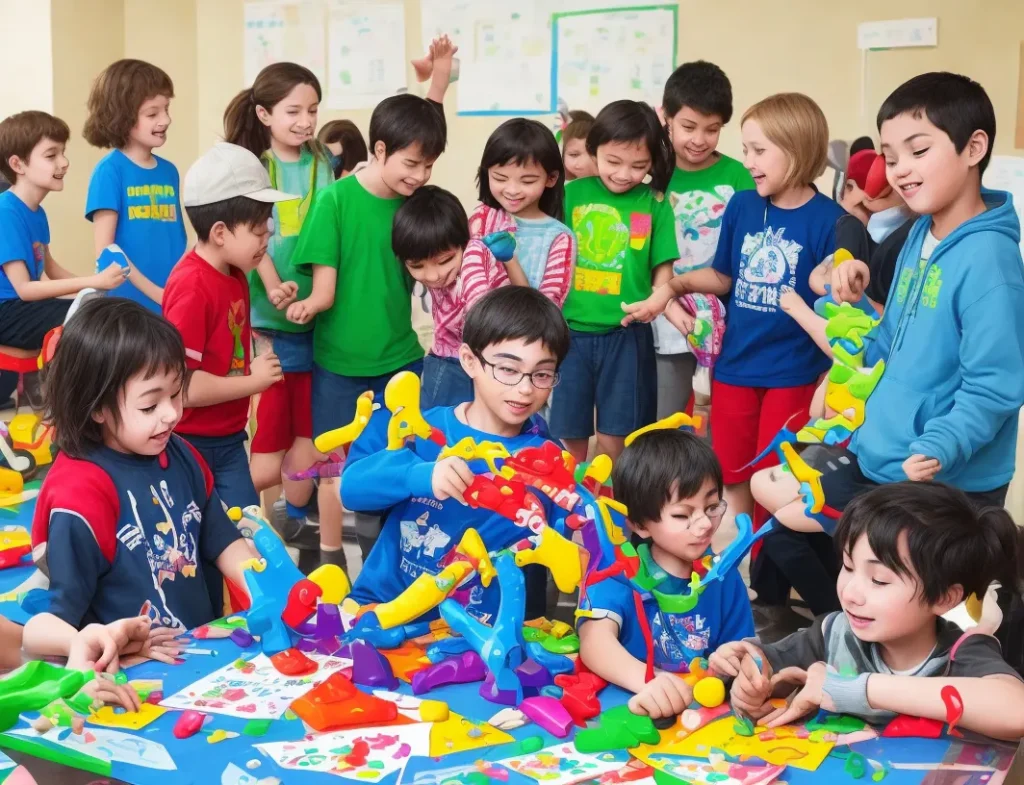
Autism after-school programs, like any educational initiative, face their own set of challenges. Limited funding, staffing constraints, and varying degrees of support from the community can impact the scope and effectiveness of these programs.
To overcome these challenges, program coordinators may explore innovative funding options, seek partnerships with community organizations, and continuously advocate for the importance of autism after-school programs.
Conclusion
Autism after-school programs play a crucial role in nurturing the potential of children with autism, providing them with opportunities to grow academically, socially, and emotionally. These programs create a supportive and inclusive environment where each child’s unique strengths and challenges are recognized and embraced.
As a society, we must collectively support and invest in autism after-school programs, recognizing their immense value in helping children with autism lead fulfilling and successful lives. By offering our support, we can create a more inclusive and compassionate society where all children, regardless of their abilities, can thrive.
FAQs
What age group do autism after-school programs cater to?
- Autism after-school programs are designed for children and teenagers within the age range of 5 to 18 years old.
Can children with severe autism benefit from after-school programs?
- Yes, autism after-school programs can be tailored to accommodate children with varying degrees of autism, including those with more severe challenges.
Are after-school programs only academic-focused?
- No, after-school programs for children with autism typically include a mix of academic enrichment, social skills development, and therapeutic interventions.
How can parents get involved in after-school programs?
- Parents can get involved by attending parent-teacher meetings, providing feedback, and participating in workshops or support networks organized by the program.
Do after-school programs help children transition to mainstream schools?
- Yes, the skills and social interactions developed in after-school programs can facilitate a smoother transition to mainstream schools for some children with autism.

